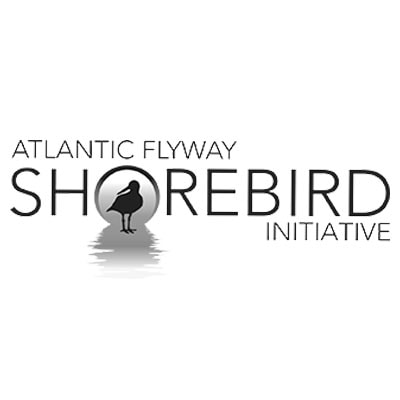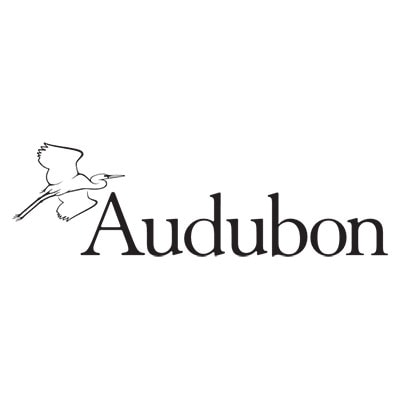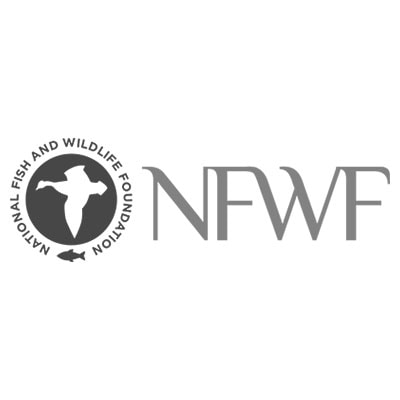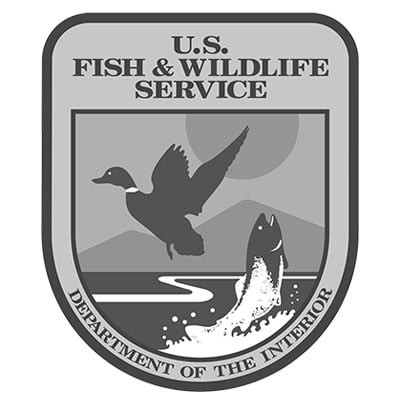Harbor Island
Share the Love, Share the Shore
Give Birds Space to Nest
Beach nesting birds are extra sensitive to dogs because their main predators are canines, and even well-behaved dogs look like predators to shorebirds. You can help protect shorebirds as they raise their young by choosing to walk your dog in a different place during the nesting season. While on the beach, please leash your dog and walk around resting flocks to allow them plenty of space while on the south end of Harbor Island.
When shorebird parents are scared off of the nest by the presence of a curious dog, the eggs and chicks become exposed to dangerous temperatures under the summer sun. The chicks and eggs also become unprotected from predators–like seagulls and crows.
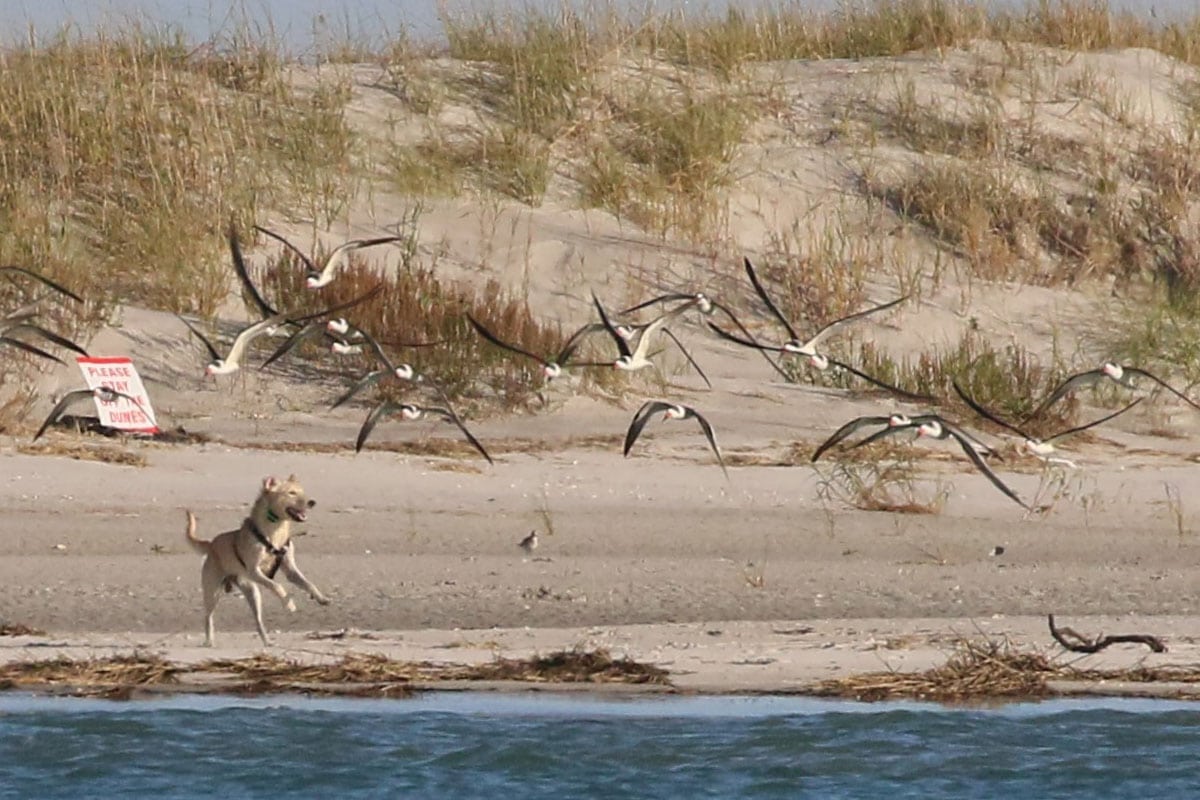
photo by Lindsay Addison
An Important Place for Birds
Harbor Island is a globally recognized Important Bird Area, making it a great location to enjoy South Carolina’s wildlife. It’s also one of the only places that Wilson’s Plovers and other coastal birds can nest safely–because of the incredible community on Harbor Island that keeps them safe.
Large flocks of migratory shorebirds also rely on Harbor Island’s south beach to eat and rest on their 1000+ mile long migration. If they are constantly shared away by humans and their pets, the birds will lack sufficient fat stores to complete their migration, and they will die of exhaustion and starvation.
Shorebirds are a key part of the beach, attracting bird watchers and families to our shores every year. It is important to protect these vulnerable birds for future generations to learn from and enjoy.
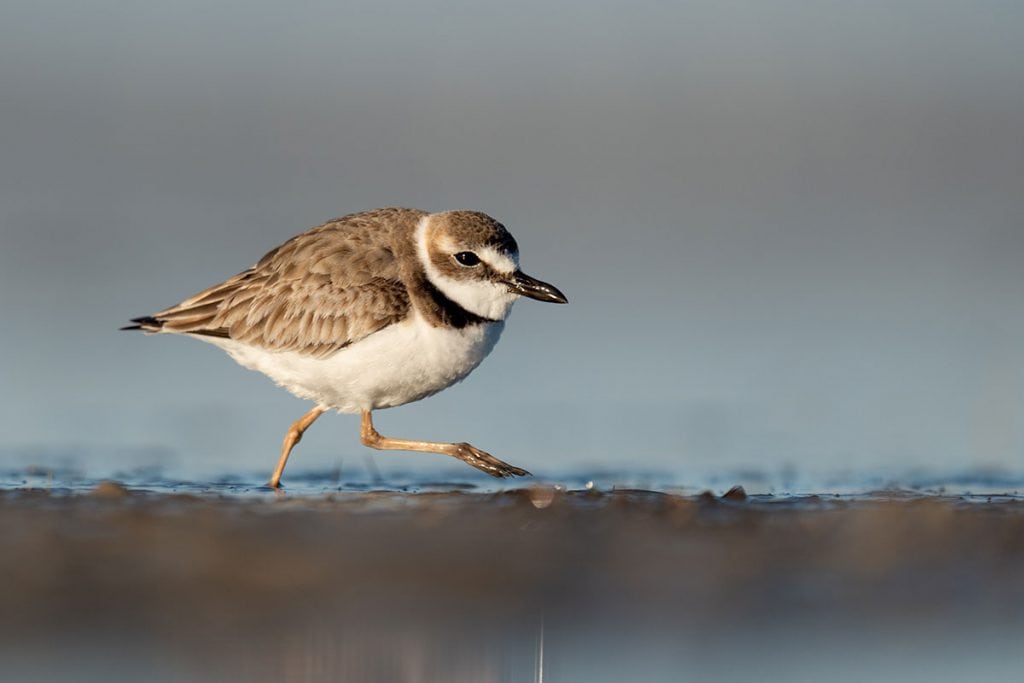
Home Sweet Home
Reducing dog disturbance of shorebirds
Shorebirds face many threats, including habitat loss, predation, climate change, and human disturbance, that prevent them from tending to their young and getting the food they need to survive.
Useful Links
Contact Information
Abby Burke, Coastal Stewardship Coordinator
Audubon South Carolina
Abigail.burke@audubon.org
